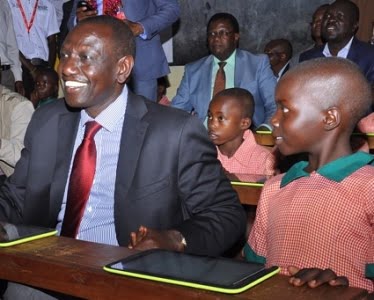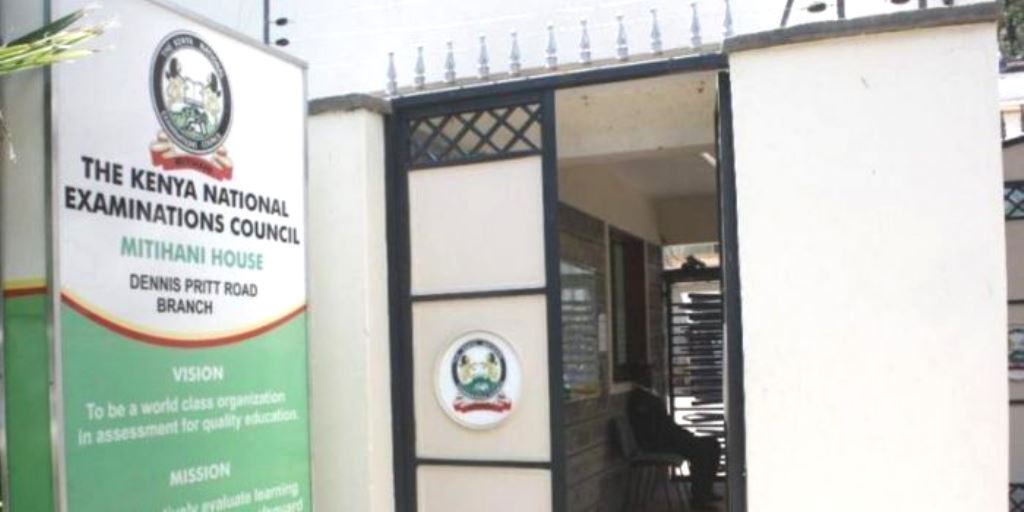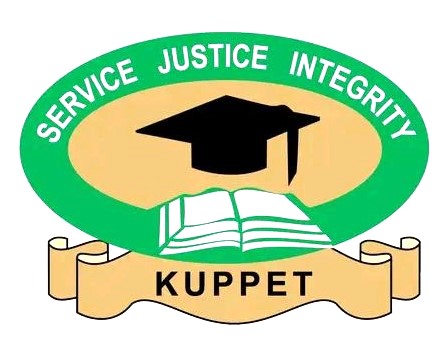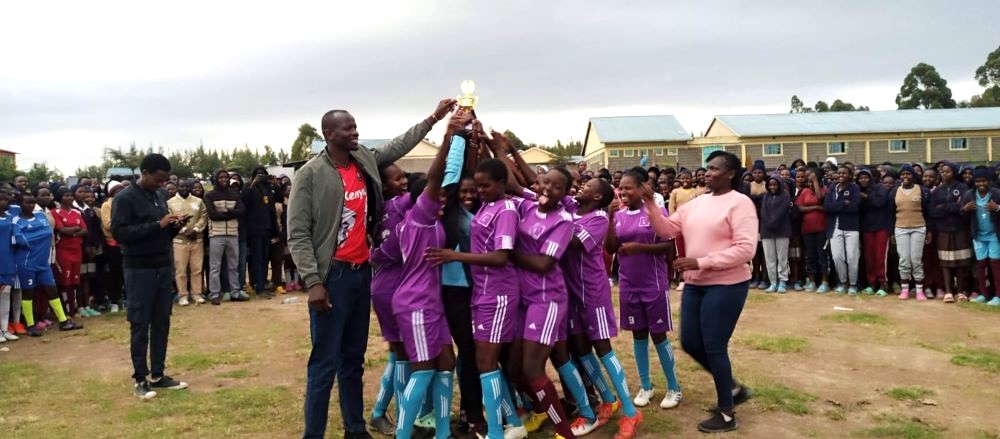By Sharon Munde
Learning is viewed as a social construction and negotiation process mediated by artifacts and humans.It has evolved from the traditional face-to-face-learning to adopting of ICT (as an artifact) in the delivery of education.
Kenya’s Class One Laptop project is an initiative of the global one laptop per child initiative that aims to provide each child with a rugged, low-cost, low-power, connected laptop over and above the programme’s initiative under in the Jubilee manifesto. One Laptop per Child was founded in 2005 with a mission to empower the world’s poorest children through education by providing each of them with a computer or a laptop.
Introduction of technology in our primary schools provides an opportunity for our learners to compete with the world’s best. The world is changing fast and we are left with only one option; to keep up with the pace of change or be rendered obsolete. To transform this country into a middle income economy, Kenya needs to emphasize not only the teaching of computer studies as a subject in the curriculum as is the current norm in secondary education level, but more importantly the integration of ICT in the teaching and learning process.
The laptop programme has enormous potential to enhance the quality of education as well as stimulate local industry investment in ICT infrastructure, hence the need for good will and mutual co-operation between all parties involved. The use of ICT in schools has immense benefits which include; enhancing collaborative learning, creating interest and excitement among the learners, simplifying difficult and abstract concepts, acquisition of problem solving skills and enhancing of research among learners and teachers. Thus, ICT integration in curriculum is meant to address equity, access and quality of education offered.
According to Kenya Institute of Curriculum Development (KICD) director Dr. Lydia Nzomo, digital content in schools would improve children problem solving skills, pronunciations and creative thinking. This concept will make delivery of lessons useful. It will help teachers decode issues to learners. Abstract information needs to be decoded to learners. This is where technology helps. It is going to lay a foundation in science and maths, which have remained a mystery to learners and therefore, help in Vision 2030.
Reuben Nthamburi, head of e-learning at KICD noted that they have been training teachers on how to integrate information and communications technology (ICT) in learning, since 2007. Kenya is the only African country which has aligned digital curriculum content to syllabus, with full security features to prevent copying or dubbing. But the Kenya Publishers Association (KPA) alleges that the new KICD act will block them from participating in the delivery of digital content for the laptop programme. KPA says the role of KICD is to vet and approve submitted education materials and not to compete with publishers.
Each primary school should now have a Wi-Fi connection that allows them to complete their tasks. Operating systems are installed at no cost to the school, through agreements with Internet providers or mobile operators, and the vendor provide sthe laptops.The ICT trained teachers to also work with students to bolster computer knowledge, because with the use of ICT also strengthens the teacher’s repertoire of skills and opens up a wider array of learning resources for students to access.Therefore the rich, interactive capability of ICT-mediated learning resources also motivates and engages weaker students, and allows them to learn at an appropriate pace. Teachers adopt scaffolding strategies in all ICT-mediated lessons to engage students in higher-order thinking activities. Thus teachers and students have to experience the benefits of the laptops and the new ways of learning and working.Kangemi Primary school student Melisa Oduor, who is enjoying the benefits of the laptop programme, said they are excited using the laptop which makes them concentrate and it is easy to handle homework much easier.Waruku Primary School student proposed that their school should be installed with WI-FI to be able to connect their tablets to the Internet.
Most students have proposed that the Government should beef up security in the school so that their gadgets should be safe.Teachers countrywide have supported the digital literacy because it has made work easier to them while allocating assignments to the students.






